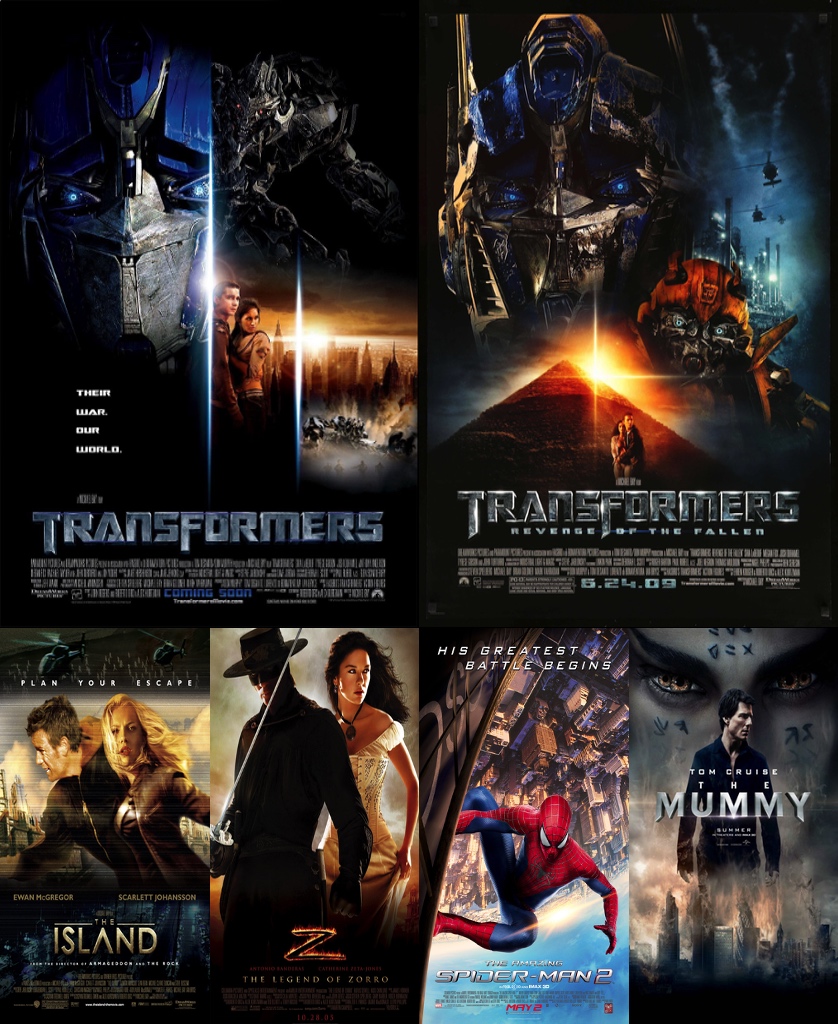To me, this gets to the rub and what I see as the contradictions in the attitudes about the issue.Then what is the point of any of it? I’m fairly loose where continuity is concerned, but a franchise does have to respect its history and get the broad strokes right.
On the one hand, people will argue that Star Trek needs to try new things and expand in order to get new viewers. Fine. Do new things! And yet, what they end up defending is a reimagining of old things that have been done before, instead of trying to do something new to bring in new viewers.
What we've gotten is a mix of new and legacy characters in reimagined settings from the franchise's past, with many of the same story elements, just with different makeup. Or lets use Section 31 and Captain Garret from TNG's "Yesterday Enterprise," but in a way that's unrecognizable. Or let's go to a 32nd century where we use the progenitors from TNG's "The Chase" and the Breen from DS9, but do it in a way that doesn't really fit with the tone or the story of how they were originally envisioned.
So we need change. We need to go in new directions. We can't do the same old Star Trek that people know as Star Trek and is distinctive to many people as Star Trek. But... God forbid anyone suggest these new versions of Star Trek exist in their own universe as their own story that stands on its own!
If you want to change things, and you're changing them in a way that many fans feel is arguably incompatible with the rest of the continuity, there is nothing wrong with doing your own vision and letting it be its own story if you feel like it needs to change for a new audience. But let it be its own thing and acknowledge that this is not the same.
And, in my opinion, I think that's why Mike McMahon put a certain joke in the Lower Decks finale. And why he hasn't shot down any of the various interpretations of it. It points out the absurdities of this whole thing all around.
Last edited:







